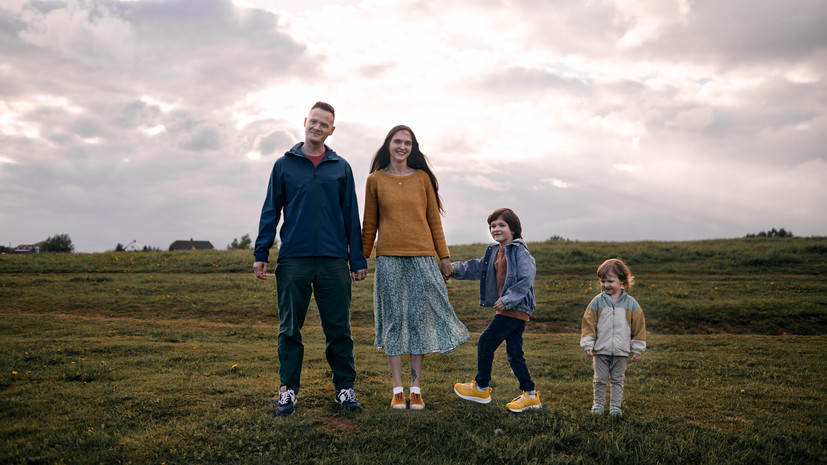The Russian government will additionally allocate more than 35.3 billion rubles from the budget to the regions to support low-income families with children and parents with many children.
The corresponding order on Thursday, October 13, was signed by Prime Minister Mikhail Mishustin.
“It is important that people receive their due funds in a timely manner.
I ask the leaders of the regions to carefully monitor this, ”he stressed at a government meeting.
It is assumed that out of the allocated amount, 29 billion rubles will be used to pay monthly allowances for children from three to seven years old from low-income families.
Recall that the amount of this financial assistance depends on the family income and the subsistence minimum per child and can be 50, 75 and 100%.
On average in Russia, the amount of such support varies from 6 thousand to 13.5 thousand rubles per month.
It is planned to allocate another 6.3 billion rubles for monthly payments to families with many children in need.
Such assistance is provided after the birth of the third child and subsequent children until they reach the age of three.
The amount of the allowance is equal to the subsistence minimum for children in a particular region and the average for the country is 14.5 thousand rubles.
In total, in 2022, the authorities are going to allocate about 300 billion rubles to pay monthly benefits to families with children from three to seven years old.
And low-income Russians with many children should receive a total of about 80.3 billion rubles from the state.
“The need for additional funding is related to the indexation of the subsistence minimum by 10% from June 1, 2022, which increased the number of families who are entitled to state support,” the government explained.
globallookpress.com
© Artem Sobolev
The Russian authorities have significantly increased the volume of material assistance to citizens during the coronavirus pandemic.
At the same time, even now, in the face of severe sanctions pressure, the country's leadership continues to actively support the vulnerable segments of the population, said Georgy Ostapkovich, director of the Center for Market Research at the Institute for Statistical Research and the Economics of Knowledge at the National Research University Higher School of Economics.
“As a rule, support goes primarily to low-income people.
It, in particular, includes Russians with children.
This is logical, since when a baby is born, family expenses increase, but incomes remain the same.
The government allocates funds every six months or nine months to such categories of citizens, that is, support is provided on a permanent basis, ”Ostapkovich said in an interview with RT.
Financial assistance to needy Russians will continue to be a priority for the authorities in the coming years, as Mikhail Mishustin previously stated when preparing the budget for the next three years.
Although, as expected, from 2023 to 2025, state treasury expenditures will exceed revenues, funding for social programs will not be cut, the State Duma claims.
“Budget issues have been resolved, and all payments, including child benefits, have been included and agreed upon.
Funds have been allocated for these purposes.
Therefore, all the social obligations of the state to the population will be fulfilled on time, ”said Svetlana Bessarab, a member of the State Duma Committee on Labor, Social Policy and Veterans Affairs, in a comment to RT.
Gettyimages.ru
© Peter Dazeley
The deputy also recalled that from January 1, 2023, a universal allowance for parents with low incomes should be earned in Russia.
The initiative is designed to combine a range of social protection measures and in total will affect families with about 10 million children.
“Today we have seven categories of beneficiaries, which will soon be united by a universal allowance.
Starting from pregnant women and ending with children under 17 years old.
Requirements and conditions will also be transparent and understandable.
We hope that the money will help families with children to calmly raise the younger generation and provide them with everything they need even in unstable times,” Bessarab added.
According to Georgy Ostapkovich, financial assistance to citizens from the state helps to support consumer demand, which has a positive effect on the economy as a whole.
At the same time, the specialist considers support for families with children to be a positive long-term investment for the country.
“Investing in children is a good strategy.
It is necessary to educate and develop the young population so that they can then use their knowledge to transform the economy.
At the same time, even now, the funds spent will still return to the economy, since the Russians will spend them on goods and services, and this will support demand.
This means that the economy will produce more, and this gives, albeit a small, but still growth, ”the expert concluded.

